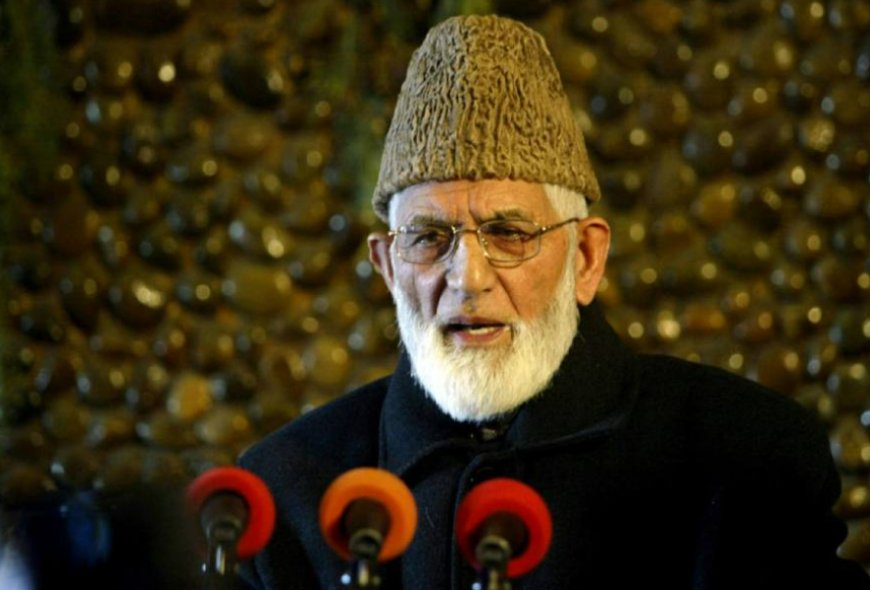Tehreek-e-Hurriyat Ban Marks a New Phase for Kashmiri Separatist Movement After Founders' Demise
Government Crackdown, Loss of Leaders, and Turmoil in Kashmir's Political Landscape

Years after the founding leaders of the group, Syed Ali Shah Geelani and Mohammad Ashraf Sehrai, both died, the Center on Sunday outlawed the pro-Pakistan separatist organization Tehreek-e-Hurriyat (TeH).
Though militancy continues to be a problem for the government, the ban points to a new low for the political separatist movement in Kashmir.
"Unlawful Association" status has been granted to Tehreek-e-Hurriyat, J&K (TeH) in accordance with UAPA. The group engages in illegal actions to impose Islamic law and divide J&K from India. Union Home Minister Amit Shah posted on X that the group is still engaging in terror activities and disseminating anti-Indian propaganda in an effort to support secessionism in J&K.
Any person or organization found to be involved in anti-Indian activities will have their activities immediately thwarted under PM@narendramodi Ji's zero-tolerance policy against terrorism, he continued.
A few months before special status was to be discontinued, in March 2019, TeH was among the last significant separatist organizations to be deemed unlawful by the Center.
In 2019, the government began to outlaw the Jammu and Kashmir Liberation Front and Jamat-e-Islami. With the government's October and December bans on the Muslim League led by Masarrat Alam and the Democratic Freedom Party led by Shabir Shah, respectively, the process has accelerated in recent months.
Veterans of the separatist movement, Shah and Alam have both spent years behind bars. In addition, Alam is the leader of the radical Hurriyat Conference faction.
Hurriyat factions, both moderate and hardline, as well as smaller groups, have not yet been outlawed.
After 2019, the Center adopted a zero-tolerance stance toward all separatist endeavors. While some leaders are hiding, many have been put in jail.
Following the special status's cancellation in 2019 and the subsequent deaths of its co-founders, Geelani and Sehrai, a separatist leader claimed that the Tehreek-e-Hurriyat only existed in name.
After growing apart from their parent organization, Jamaat-e-Islami, the two, who are referred to as hardliners, co-founded the group in 2004 as a political organization. Their association with Jamat had persisted.
To make room for Sehrai, Geelani resigned from his position as the group's chairman in 2018. Sehrai passed away in 2021 while incarcerated, presumably due to a condition connected to COVID-19.
Geelani passed away in 2022 after a protracted illness while she was under house arrest.
Families were forced to bury their loved ones in secret in the middle of the night because the government had forbidden public funerals.
In Sehrai's case, his two sons were accused of yelling anti-terrorist slogans during their father's funeral, which led to their being booked under the Unlawful Activities (Prevention) Act (UAPA).
In addition to Geelani and Sehrai, several other notable members of the group, including Molvi Abbas Ansari, Sheikh Tajamul Islam, Altaf Ahmad Shah, and Nazir Ahmed Shawl, also departed from this life between 2019 and 2023.
This week, Shawl, 77, a former professor, passed away in London. Geelani's son-in-law Shah, 66, passed away from cancer while incarcerated in 2022.
Shah's relatives claimed that the government was refusing to provide him with healthcare.
Except for the headline, this story has not been edited by Press Time staff and has been published from a syndicated feed.























































